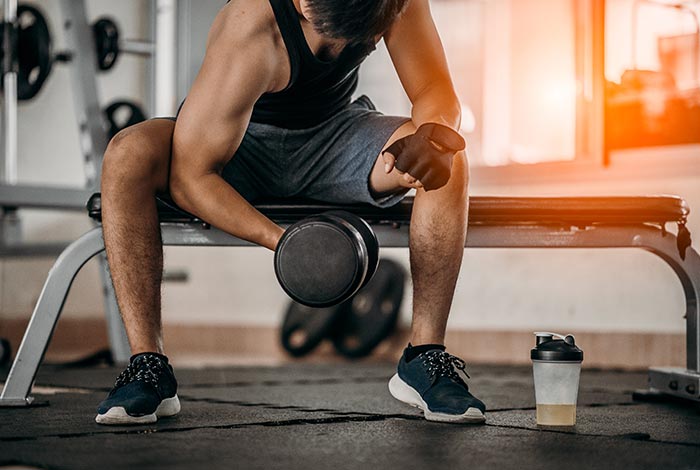We treat many different types of sports-related injuries, which can range from minor sprains and strains to serious fractures or ruptures that may require surgery. If you injure yourself playing sport, it is important to stop immediately as continuing to play with an injury may lead to further and potentially more serious problems. The RICE method (rest, ice, compression, elevation) may help to relieve pain and swelling in the case of minor sprains and strains. More serious injuries need a proper medical diagnosis and may require urgent treatment.
Common Injuries
Among the most common sports-related injuries to hands and wrists are:
- Fractures and Dislocations – Hand and wrist fractures and dislocations are extremely common among people who play sports. They are often the result of some kind of collision, direct impact or fall, however, certain types of fractures (stress fractures) are overuse injuries from making repetitive hand or wrist movements. These may occur if you have poor technique so it is important to receive coaching to avoid repetitive strain injuries.
- Sprains and Strains – A sprain is when you stretch or tear the ligaments, which are the bands of fibrous tissue that connect the bones within a joint. A strain is an injury to the muscle or the bands of tissue that attach muscles to the bones.
- De Quervain’s Tenosynovitis – This is a painful condition that affects the tendons on the same side of the wrist as your thumb. The condition makes it hard to grasp, turn your wrist or make a fist.
Causes of Sports Injuries & Trauma
- Wrist fractures and dislocations are often caused by falls, particularly if you land hard on an outstretched hand. Fractures to your metacarpals and phalanges may occur if you catch a ball that is travelling fast. A dislocated wrist may occur in certain contact sports (rugby and football) or gymnastics, as well as skating, cycling and horse riding.
- You may sprain your wrist by landing onto your outstretched hand during a fall. Thumb sprains can occur during racquet sports or high-speed skiing falls.
- The precise cause of De Quervain’s tenosynovitis is not known however, repetitive hand or wrist movements, such as playing golf or racquet sports can exacerbate the problem.
Symptoms of Carpal Tunnel Syndrome
- The pain of a wrist or hand fracture may vary depending how serious the fracture is. Your hand or wrist may appear deformed and there may be bruising or swelling. If the bone has broken through the skin (an open fracture) there may be bleeding and a high risk of infection. You may be unable to move your fingers and your hand or wrist may feel weak.
- Sprains and strains can be very painful and may be accompanied by a fracture so it is important to get a proper diagnosis. Symptoms include pain, swelling, bruising and problems moving the affected joint.
- De Quervain’s tenosynovitis causes pain and swelling near the base of the thumb. You may find it hard to grasp or pinch and your thumb may feel like it is sticking when you try to move it.
Diagnosis of Sports Injuries & Trauma
It is important to get a proper diagnosis if you think you may have sustained a fracture, dislocation or sprain as continuing to use damaged bones or soft tissues can lead to a more serious injury. An X-ray will be used to confirm a suspected fracture and in some cases you may also be referred for an MRI or CT scan to check for damage to the surrounding soft tissues and nerves or loose fragments of bone.
Treatment of Sports Injuries & Trauma
Treatment will vary depending on the type of injury, its severity and other factors such as your general state of health. It is important to rest a sprain or strain and you can use ice and compression to reduce the swelling. Fractures will normally require some kind of splint or cast to keep them immobilised while they heal. In the case of a serious fracture, surgery may be required to pin or screw the bones together to maintain the correct alignment.
OUR CONSULTANTS
We are an experienced and highly qualified team of orthopaedic surgeons using the latest surgical and non-surgical techniques to eliminate or reduce pain so our patients can experience the best possible quality of life.
BOOK A CONSULTATION
Whether you have an existing diagnosis or you are keen to discover what is causing your symptoms, contact us to arrange a consultation. We can organise any tests you require and discuss your treatment options.
What Our Patients Say

